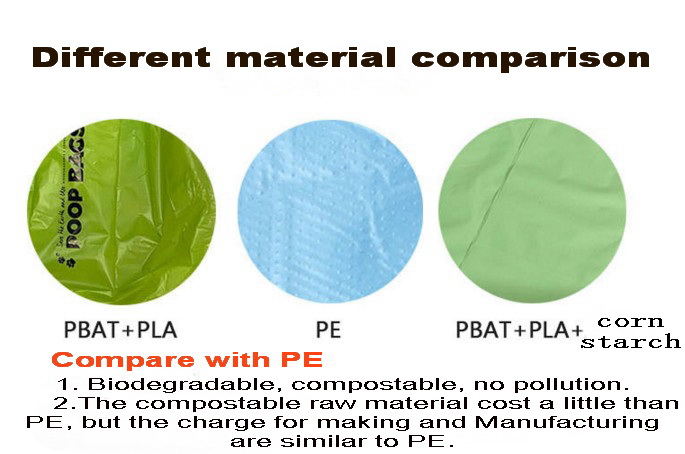Sustainability has become an important aspect of the fashion industry in recent years. With growing concern for the environment, fashion brands are now prioritizing eco-friendly practices, one of which is reducing packaging waste. Compostable plastic in packaging is becoming a key solution, revolutionizing the way fashion is sustainable.
Tipa Corp CEO Daphna Nissenbaum highlighted the importance of compostable plastics in making fashion sustainable. Tipa Corp is a leader in the development and production of compostable packaging solutions. Nissenbaum emphasized the need for fashion brands to address packaging waste as it plays an important role in the overall sustainability of their products.
Traditional plastic packaging takes centuries to decompose, causing serious environmental damage. Furthermore, the widespread use of plastics leads to the consumption of fossil fuels and increases carbon emissions. In contrast, compostable plastics offer a sustainable alternative. These plastics usually decompose in a relatively short period of time under industrial composting conditions, leaving no harmful residues.
Fashion brands are increasingly recognizing the importance of switching to compostable packaging. Many companies have already begun incorporating compostable plastics into their supply chains, taking a step toward a more sustainable future. The appeal of compostable plastic is its ability to meet consumer demands for environmentally friendly packaging without compromising function or aesthetics.
Patagonia is one fashion brand that has successfully embraced compostable plastic. Known for its commitment to environmental sustainability, Patagonia adopted compostable packaging as part of its efforts to reduce waste. By using compostable plastics, the company ensures its products are packaged in an environmentally friendly manner, minimizing harm to the planet.
Additionally, compostable plastics offer fashion brands a unique opportunity to engage with consumers and raise sustainability awareness. The transparency of the compostable plastic packaging allows customers to see first-hand concrete examples of the brand’s commitment to the environment. This transparency fosters trust and loyalty among eco-conscious consumers.
While compostable plastics are certainly a promising solution, challenges remain in their widespread adoption. A major obstacle is the lack of industrial composting infrastructure. In order for compostable plastics to biodegrade properly, they require specific composting conditions, which are not readily available in many regions. To solve this problem, governments and businesses need to work together to build composting facilities and educate consumers on how to properly dispose of compostable packaging.
Additionally, research and development efforts are critical to improving the performance and affordability of compostable plastics. Innovations in materials science are helping to create durable, waterproof and cost-effective compostable plastics. This will make it easier for fashion brands to transition from traditional plastics to compostable alternatives without compromising the quality and functionality of their packaging.
In conclusion, compostable plastic in packaging is becoming a key component of fashion sustainability. As fashion brands strive to become more environmentally friendly, reducing packaging waste is a key area of focus. Compostable plastics are a sustainable alternative that break down quickly and leave no harmful residue. While challenges such as lack of composting infrastructure need to be addressed, the transition to compostable plastics presents an opportunity for fashion brands to demonstrate their commitment to the environment and engage with eco-conscious consumers. By investing in research and development and working with governments and consumers, the fashion industry can pave the way for a more sustainable future.
Post time: Aug-23-2023






